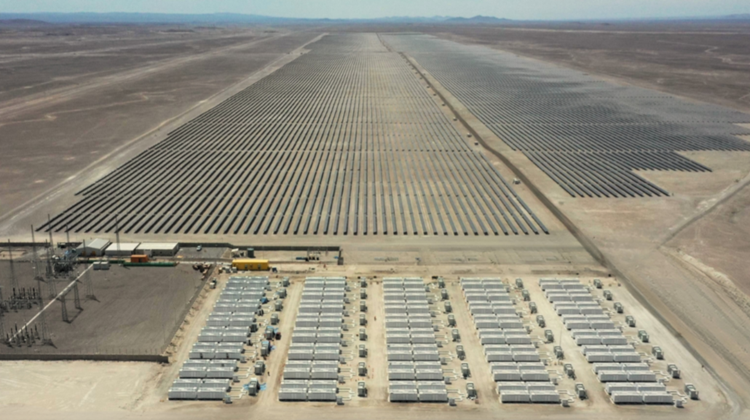Amid growing global volatility and an urgent need to accelerate the green transition, the United Kingdom and Norway have taken a decisive step to secure Europe’s energy future. This week, during an official visit to Oslo, the UK Energy Secretary, Ed Miliband, formalised a landmark Green Industrial Partnership with his Norwegian counterparts, Energy Minister Terje Aasland and Trade and Industry Minister Cecilie Myrseth. The meeting also included a high-level dialogue with Norwegian Prime Minister Jonas Gahr Støre, underscoring the strategic importance of the agreement.
“Energy security is national security, and only by working with key partners like Norway can we accelerate clean power that we control,” asserts Miliband. “Together, we can unlock investment in a clean energy future and seize the vast opportunities ahead in the North Sea, creating good, sustainable jobs and delivering growth through our Plan for Change.”
This agreement represents a cornerstone of the UK’s wider strategy to position itself as a global clean energy superpower. Under the Plan for Change, the UK is driving forward a comprehensive agenda to cut carbon emissions, reduce dependence on volatile fossil fuel markets, and create long-term economic resilience. The partnership with Norway plays a crucial role in this vision, advancing projects in offshore wind, green hydrogen, and the establishment of the North Sea as a cross-border hub for carbon storage.
Official projections suggest that this cooperation could inject up to 36 billion pounds into the UK economy and generate up to 51,000 new skilled jobs within the clean energy sector, revitalising industrial regions and fostering innovation in cutting-edge technologies.
For his part, Energy Minister Terje Aasland highlights the historic strength of bilateral relations: “Norway and the UK share a unique bond in the energy sector. This partnership enables us to deepen that collaboration and accelerate the green transition that is vital for our economies and the planet.”
The partnership focuses on removing regulatory barriers that hinder the development of the North Sea as a clean energy hub, enhancing grid infrastructure to handle growing renewable generation, and bolstering the protection of critical offshore assets against emerging geopolitical and cybersecurity threats. By 2030, the North Sea is expected to contribute up to 120 GW of offshore wind capacity, enough to supply over 120 million homes and significantly bolster Europe’s energy resilience.
Trade and Industry Minister Cecilie Myrseth underscores the agreement’s economic significance for Norway: “This deal secures vital value chains for raw materials and clean energy. By combining British and Norwegian expertise, we can create new industries, strengthen competitiveness, and provide thousands of future-proof jobs.”
Key Industry Players Accelerate the Energy Transition
The private sector is already playing a pivotal role. Leading Norwegian companies including Equinor, Statkraft, Fred Olsen, and Vårgrønn are heavily invested in the UK’s energy transition. These firms are advancing critical projects across offshore wind development, carbon capture, utilisation, and storage (CCUS), and large-scale green hydrogen production.
Norwegian Climate and Environment Minister Andreas Bjelland Eriksen adds: “A successful green transition is essential to meet our climate commitments while creating new economic opportunities. This partnership strengthens our collective efforts to implement the Paris Agreement and combat climate change on a global scale.”
The collaboration also aligns with broader international objectives to halt deforestation and protect natural ecosystems, further reinforcing the UK and Norway’s leadership in global climate diplomacy.
The North Sea: Cornerstone of Europe’s Energy Independence
According to the latest report from Strategic Energy, the North Sea is poised to become the epicentre of Europe’s energy transformation and a critical component of its long-term energy independence. The region boasts unparalleled conditions for renewable energy generation, particularly offshore wind power, and offers vast geological storage potential for carbon dioxide.
The report highlights that deeper cooperation among the North Sea nations—including the UK, Norway, the Netherlands, Denmark, and Germany—could facilitate the creation of a fully integrated regional energy market. This would not only accelerate the deployment of clean technologies but also stabilise energy prices and reduce Europe’s reliance on energy imports from geopolitically unstable regions.
Looking towards 2050, the North Sea is expected to become the world’s largest renewable energy cluster, with its generation capacity surpassing Europe’s current energy demands. Transforming the North Sea into a clean energy powerhouse positions both the UK and Norway as global leaders in the race for decarbonisation, economic growth, and sustainable energy security.



























